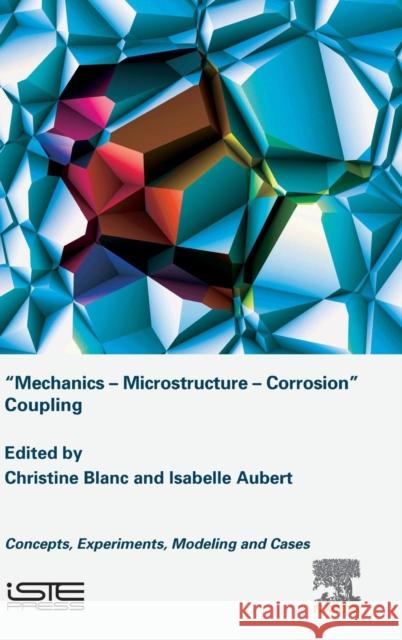Mechanics - Microstructure - Corrosion Coupling: Concepts, Experiments, Modeling and Cases » książka
topmenu
Mechanics - Microstructure - Corrosion Coupling: Concepts, Experiments, Modeling and Cases
ISBN-13: 9781785483097 / Angielski / Twarda / 2019 / 572 str.
Kategorie:
Kategorie BISAC:
Język:
Angielski
ISBN-13:
9781785483097
Rok wydania:
2019
Ilość stron:
572
Waga:
0.92 kg
Wymiary:
22.91 x 15.19 x 3.17
Oprawa:
Twarda
Wolumenów:
01
Dodatkowe informacje:
Bibliografia











